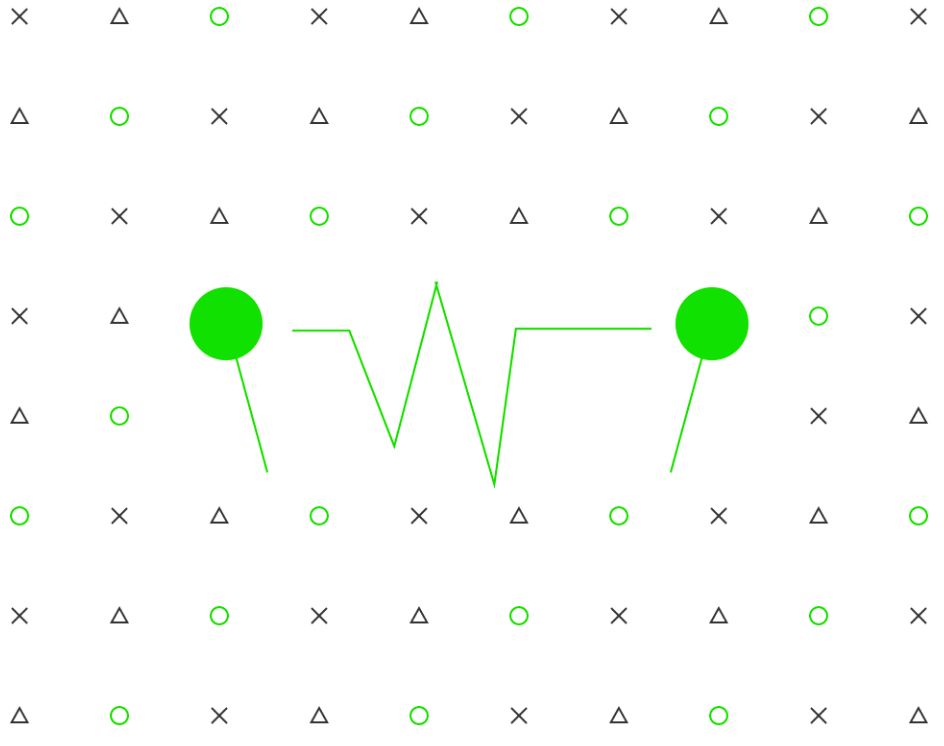480 reads
Could xDEXs Do To UniSwap What UniSwap Did To DEXs and CEXs?
by
September 27th, 2020
Audio Presented by
I am a researcher and freelance writer interested in new technologies that contribute to the social good
About Author
I am a researcher and freelance writer interested in new technologies that contribute to the social good
